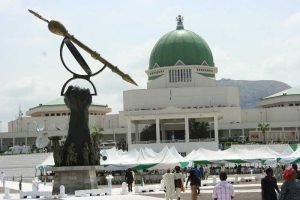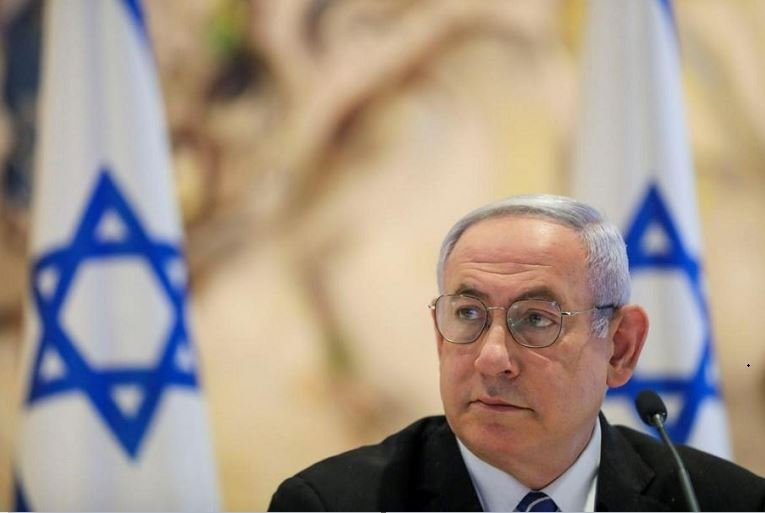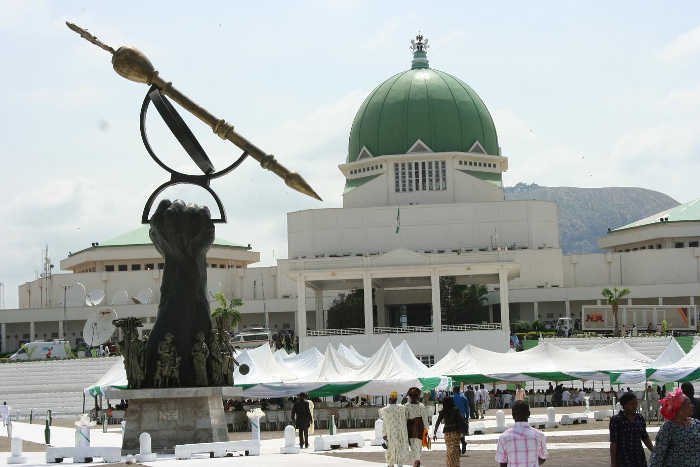The Israeli government has authorised a plan to facilitate the expansion of settlements on the occupied Golan Heights.
Prime Minister Benjamin Netanyahu claimed the decision was essential because a “new front” had opened up on Israel’s border with Syria following the overthrow of the Assad regime by an Islamist-led rebel group.
Netanyahu stated that he planned to increase the population of the Golan Heights, which Israel captured during the 1967 Six-Day War and is considered unlawfully occupied under international law.
In the days following Assad’s departure, Israeli forces advanced into a buffer zone dividing the Golan Heights from Syria, claiming that the shift of control in Damascus had “collapsed” cease-fire arrangements.
The Golan Heights is home to about 30 Israeli settlements, with a population of approximately 20,000 people. They are deemed illegal under international law, a point Israel disputes.
The settlers reside alongside approximately 20,000 Syrians, most of whom are Druze Arabs who did not escape when Israel took control of the area. Netanyahu stated that Israel would “continue to hold on to [the territory], make it flourish, and settle it.”
The revelation comes a day after Syria’s new de facto leader, Ahmed al-Sharaa, chastised Israel for its continuous bombings on military targets in the nation, which have allegedly targeted military facilities.
Since December 8, the Syrian Observatory for Human Rights (SOHR) in the United Kingdom has reported over 450 Israeli air attacks in Syria, 75 of which occurred on Saturday evening.
Al-Sharaa, also known as Abu Mohammed al-Jolani, claimed the strikes “crossed red lines” and risked aggravating regional tensions, but he insisted Syria was not seeking a fight with any neighbouring country.
Speaking to Syria TV, which was considered pro-opposition during the civil war, al-Sharaa stated that the country’s “war-weary condition, after years of conflict and war, does not allow for new confrontations,” according to Reuters.
The Israel Defence Forces (IDF) has not responded to his allegations but has stated that the strikes were vital to prevent weapons from slipping “into the hands of extremists.”.
The Israel Defence Forces (IDF) has not responded to his allegations but has stated that the strikes were vital to prevent weapons from slipping “into the hands of extremists.”.
When al-Sharaa’s Islamist group Hayat Tahrir al-Sham (HTS) and other rebel factions launched a lightning offensive on Damascus, President Bashar al-Assad and his family fled to Russia and sought shelter.
The factions are still working to establish a transitional government in Syria, with al-Sharaa serving as its theoretical leader.
On Saturday, US Secretary of State Antony Blinken announced that Washington has made direct contact with HTS, which the US and other Western nations continue to classify as a terrorist organisation.
Geir Pedersen, the United Nations’ Syria envoy, said on Sunday that he hoped sanctions against the country will be lifted soon to aid with economic recovery.
“We will hopefully see a quick end to sanctions so that we can see really rallying around building up Syria,” Pedersen said as he arrived in Damascus to meet Syria’s caretaker government and other officials.
Meanwhile, Turkey’s defence minister, Yasar Guler, stated that Ankara was prepared to provide military assistance to Syria’s new administration.
“It is necessary to see what the new administration will do. We think it is necessary to give them a chance,” Guler said of HTS, according to state news agency Anadolu and other Turkish media outlets.











